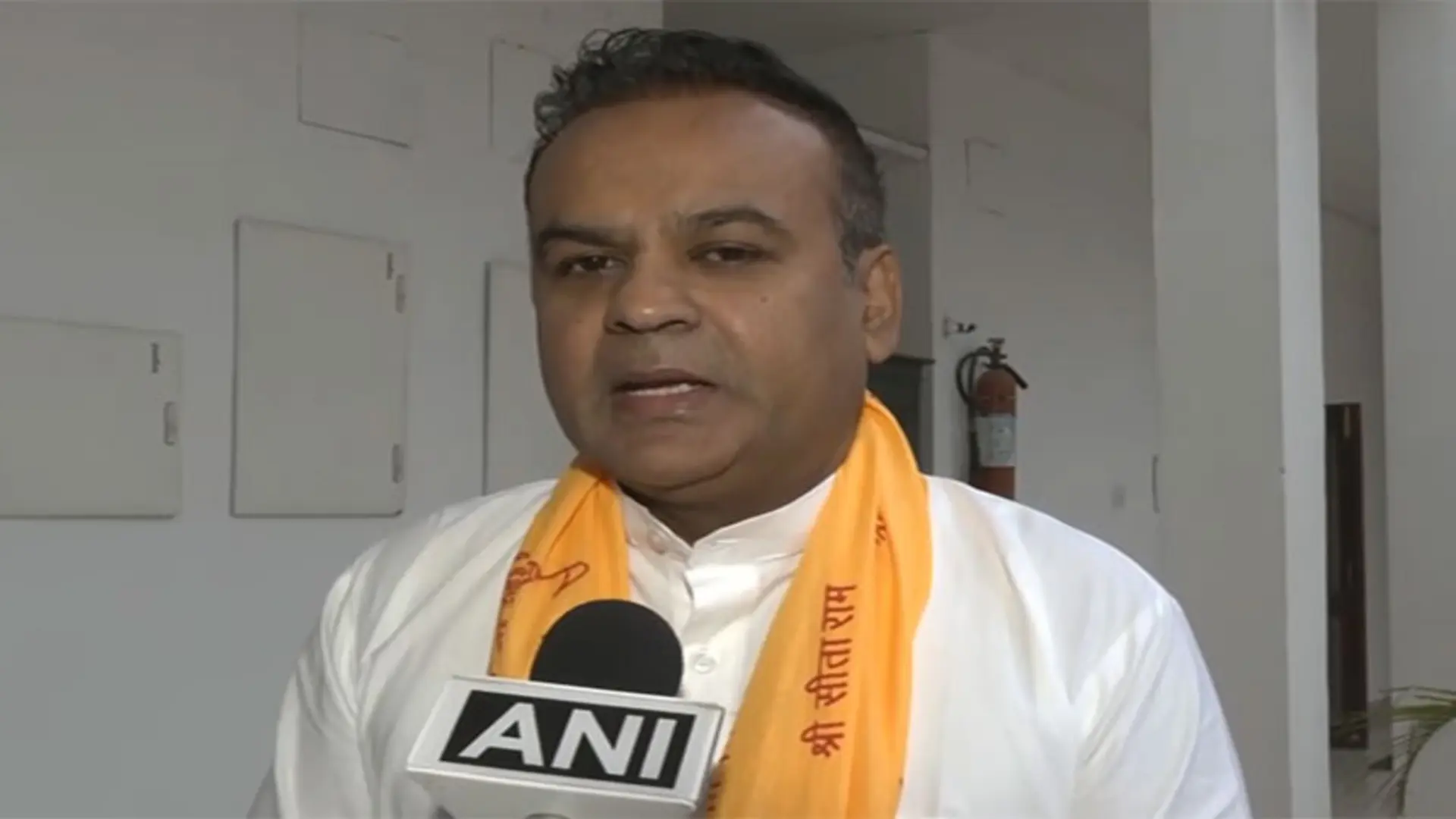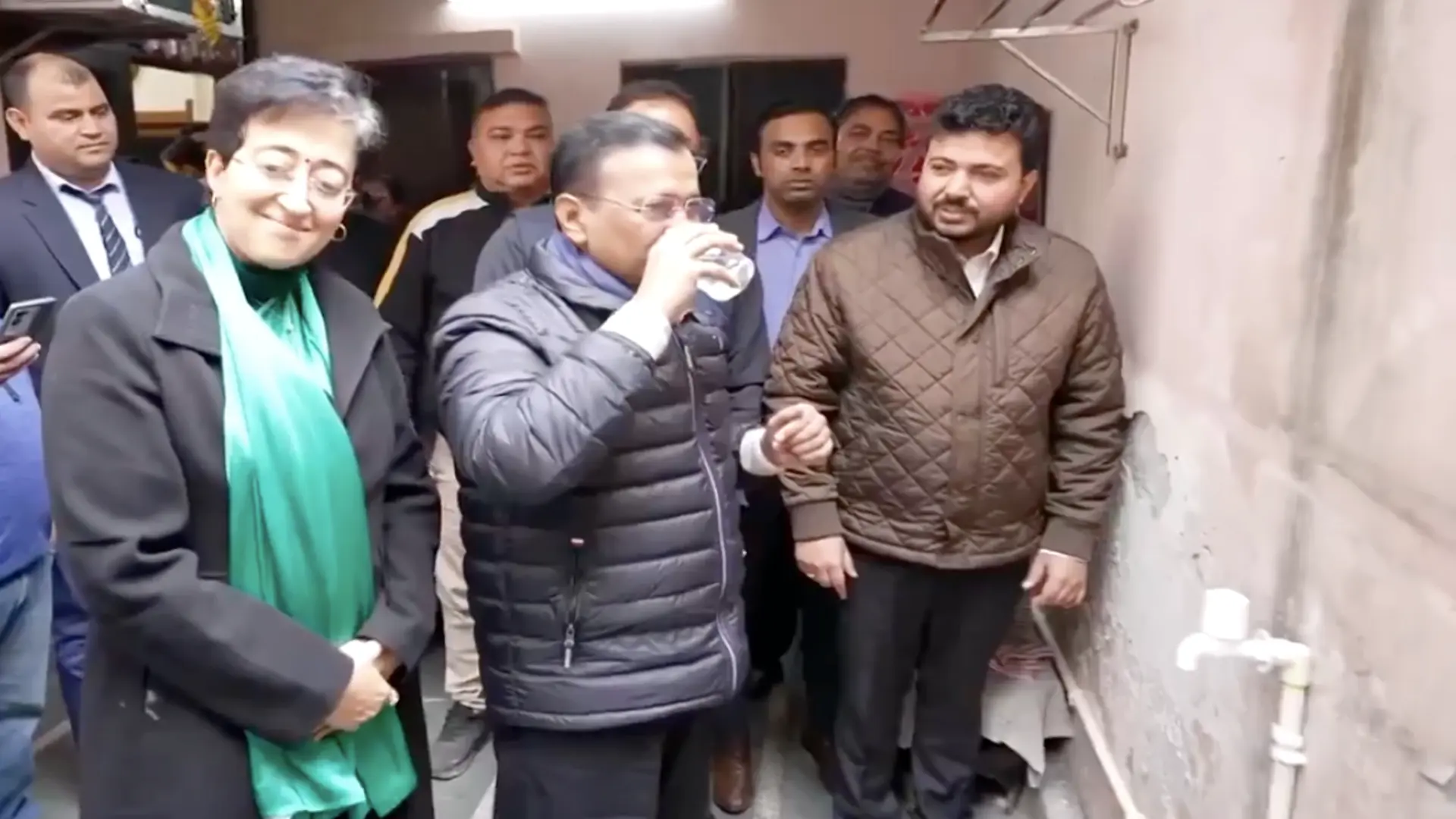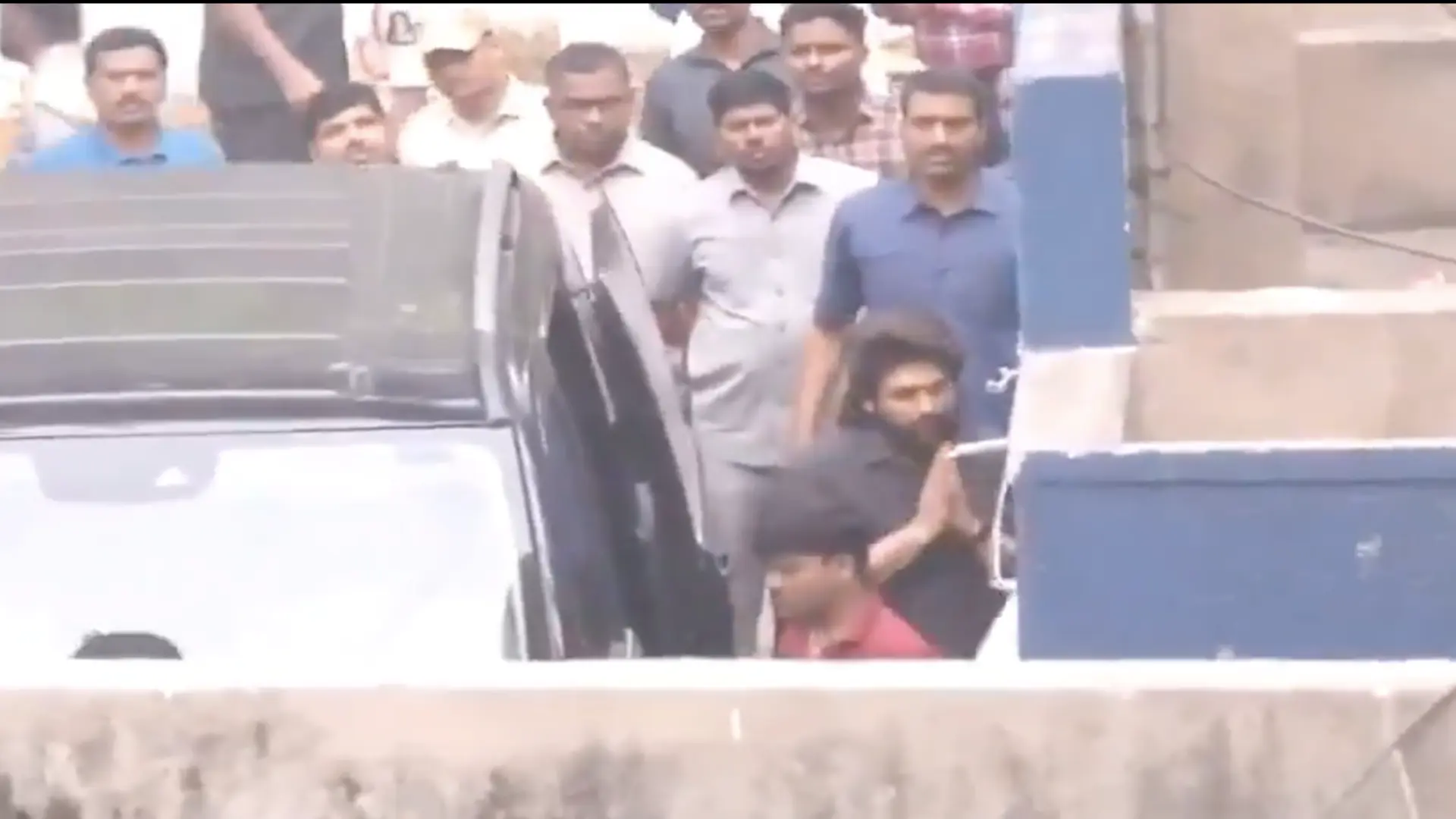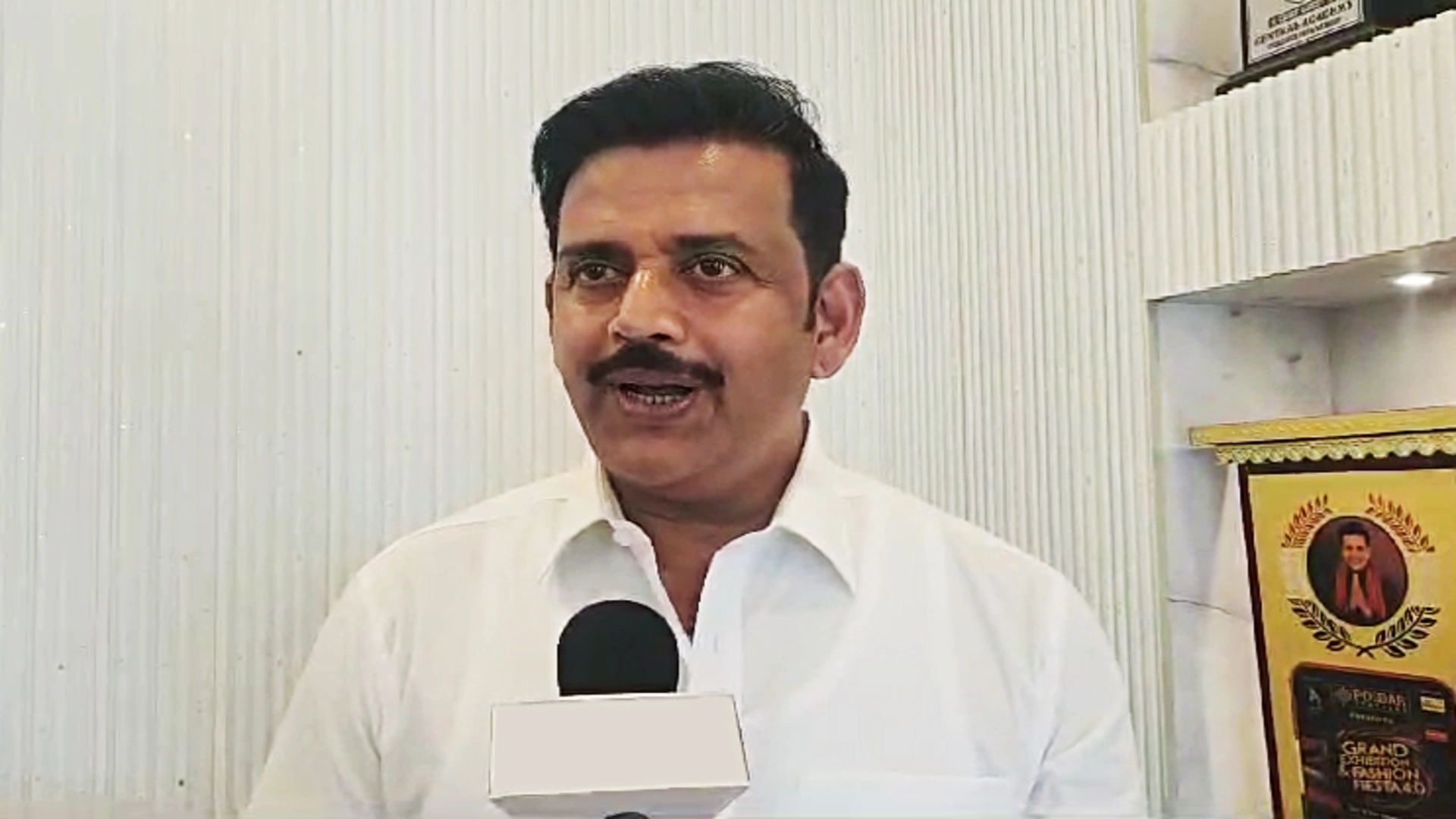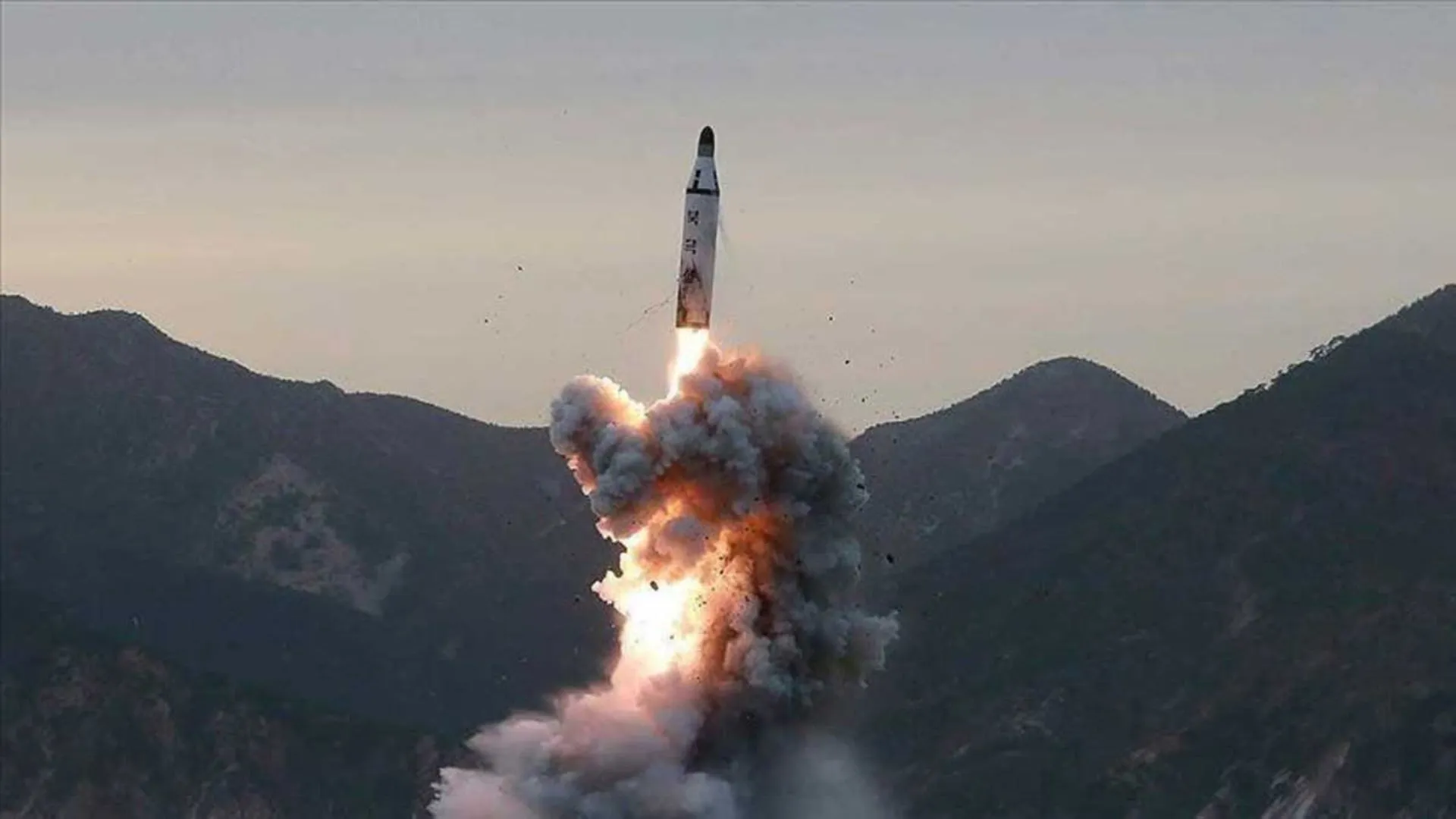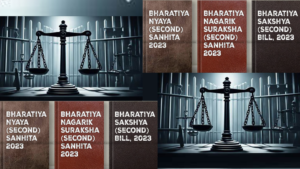The Bar Council of West Bengal has announced a significant protest scheduled for July 1st, termed as a ‘Black Day’, in response to the implementation of three new criminal laws proposed by the central government. These laws aim to replace the long-standing Indian Penal Code, Evidence Act, and Criminal Procedure Code with updated versions known as Bharatiya Nyaya (Second) Sanhita, Bharatiya Nagarik Suraksha (Second) Sanhita, and Bharatiya Sakshya (Second) Bill respectively.
In a recent resolution passed during their meeting on June 25th, 2024, members of the Bar Council expressed unanimous concern and disapproval towards these new bills, which were recently approved by Parliament. The decision to observe July 1st as a Black Day spans across West Bengal and the Andaman & Nicobar Islands, where lawyers will abstain from all judicial activities to participate in protest rallies.
The Bharatiya Nyaya (Second) Sanhita, slated to replace the Indian Penal Code, marks a departure from the colonial-era laws that have governed criminal justice in India for decades. Similarly, the Bharatiya Nagarik Suraksha (Second) Sanhita seeks to update and streamline procedures outlined in the existing Criminal Procedure Code. Lastly, the Bharatiya Sakshya (Second) Bill aims to modernize rules governing evidence presentation in Indian courts, superseding the Indian Evidence Act. This move by the Bar Council underscores the legal community’s concerns about the implications of these new laws on the judicial process and rights of individuals. By declaring a Black Day and organizing protests, lawyers aim to draw attention to potential challenges and implications these legislative changes may pose.
The protest on July 1st is expected to be a significant demonstration of legal fraternity unity and a platform for voicing concerns regarding the impact of legislative reforms on India’s criminal justice system.



